
Last Updated At: 03-Apr-2024
History of Mauritius : Cultural, Festivals And Historical Landmarks
The ancient history of Mauritius is all about consecutive acquisitions one after another by different nations from the 1500s to 1800s. From the Arab sailors and Dutch squadron to the French and Britishers, each country ruled the island for a specific time until its independence in the 1800s.
During this time in the history of Mauritius, the country has witnessed colonialization and slavery. But that's not it. When the French people came to the island, they established sugar planting as the main industry. The introduction of this led to the survival of the colonies established by the Dutch and French themselves.
The Soul-Captivating History of Mauritius
Mauritius boasts a rich history shaped by centuries of diverse cultural influences, from its early discovery by Arab sailors to European colonization and the blending of African, Asian, and European traditions. Let’s dive a bit deeper and find out more about:
- Dutch Presence in Mauritius
- French Rule in Mauritius
- Mauritius Independence History
- Colonial History of Mauritius
- Slavery History in Mauritius
- Cultural History of Mauritius
- Dutch Presence in Mauritius
Read More : Mauritius In April
1. Dutch Presence in Mauritius
Though the Dutch people were the first to try and settle in Mauritius, the pre-Dutch era was quite interesting, too.
In the 9th century AD, Arab sailors were the first to discover the Mauritius Island. They named it Dina Arobi. Before the Dutch arrived in 1638 and attempted settlement, the island was only known to pirates and buccaneers. When the Portuguese arrived after the Arab sailors, they found the island to be inhabited.
The name Mauritius was provided by the Dutch people to honour Prince Maurice de Nassau. The Dutch people tried hard for colonialisation or settlement in Mauritius during 2 periods: 1638 -1657 and 1664 -1710. Both of their attempts were unsuccessful, and the Dutch left the island to pirates.
Read More : Maldives Vs Mauritius
2. French Rule in Mauritius
When the Dutch people were gone, after 5 years, the French East India Company tried its hand in occupying Mauritius and succeeded in 1715. They renamed it Isle de France, And in 1721, the French governor, François Mahé de La Bourdonnais, established the present-day capital of Mauritius, Port Louis, as a naval base and ship-building centre of the island.
This centre was responsible for managing the Indian Ocean trade. Further, the African slaves were brought into the country for the sugarcane industry. Colonies were formed and prospered.
After this and towards the end of the 18th century, the Napoleonic war started when the island was the base for the French navy. Raids were organised on British merchant ships, but this didn't turn out well for the French. In return, the Britishers captured Mauritius in 1810. And the French period ended.
Read More : Islands In Mauritius
3. Mauritius Independence History
Though the history of independence extends till the Dutch people came, let's begin with the British era.
With the appointment of Robert Townsend Farquhar as governor, Britishers began their administration in Mauritius, leading to several social and economic changes. The first thing, namely abolition of slavery, was done in 1835. Because of this, 3000 planters were paid by the British government for participating in the great experiment that promoted free labour over slave labour.
This was the turning point for the island country as over 400,000 labourers converged on the island between 1835 and 1914. Their labourers were from India, China, Madagascar, and South East Asia. The collective working of these labourers on the plantation led to a change in the society’s fabric.
This finally led to the thriving of the sugar plantation. However, this didn’t last for long, as tension started to develop among the Indian and Franco-Mauritian populations. As a result, a party named the Mauritian Labour Party was formed between 1936 and 1945. Further, elections for legislative assembly were held, which were the first tide of the independence wave.
The movement for Independence started in 1961 when the Britishers agreed to permit additional self-government and, consequently, independence. Finally, in 1968, Mauritius gained its Independence.
Read More : Shopping Places In Mauritius
4. Colonial History of Mauritius
The colonial history of Mauritius is easy to understand. Unlike the Portuguese, Dutch people tried to colonise the country but failed. However, the French East India Company was successful in colonising Mauritius and establishing sugar production in the country.
However, after the French raided the British merchant ships, they lost control, and the Britishers colonised the island, ending slavery in the country and establishing free labour. The colonialisation period ended in 1960 when Mauritius gained its independence.
5. Slavery History in Mauritius
Slavery in Mauritius was introduced by the French in 1767 when they bought African slaves to work in sugar plantations. When the Britishers acquired Mauritius in 1810, the British abolitionist movement began in the country, and after several changes in the economic and social reforms, slavery was ended in 1835, and free labour was introduced.
Read More : Museums In Mauritius
6. Cultural History of Mauritius
When the Britishers acquired Mauritius and ended slave labour, over 400,000 labourers converged to Mauritius. These included people from India, China, Madagascar, and several other South Asian nations. People among the labourers were Hindus, Muslims, Christians and many others.
With the diverse population, there was a change in the cultural diversity of the country. This is a reason Mauritius is a country of several religions today, out of which 50% are Hindu.
Several historical and cultural landmarks portray the ancient presence of the Dutch, French, and Britishers. Some of these popular landmarks denoting their time are
- Frederik Hendrik Museum - Dutch artefacts and ruins
- The Château de Mon Plaisir at Pamplemousses - The French architectural landmark
- Martello Tower at La Preneuse - The British Shield against French Navy
The best way to explore the history of Mauritius is by exploring the historical landmarks in the country. As they are widespread across the nation, you need someone for assistance, and we at Adotrip can help you.
At Adotrip, we prepare you for your trip by providing you with information, flight tickets, hotel reservations, tour packages, VISA assistance, and travel insurance under one roof. So, you can rest assured before and on the trip.
With Adotrip, nothing is far!
Book Mauritius Tour Packages
Frequently Asked Questions About History of Mauritius
Q1. What are the key historical landmarks in Mauritius?
A1. The historical and cultural heritage of Mauritius is embodied in landmarks like Le Morne Brabant, Citadel Fort, Eureka House, and Aapravasi Ghat.
Q2. How did the colonial history shape the identity of Mauritius?
A2. Mauritius' colonial history is marked by Dutch, French, and British influences. The diverse cultural heritage, language blend, and social traditions reflect the impact of these colonial periods.
Q3. What were the major events during the struggle for independence in Mauritius?
A3. There are several key events that mark the Mauritian Revolution for Independence.
- Riots 1943
- Labour party formation
- Independence 1968
- Rodrigues riots.
Q4. Are there museums dedicated to preserving and showcasing Mauritius' history?
A4. Yes, the Blue Penny Museum, Aapravasi Ghat Museum and Mauritius Postal Museum are dedicated to preserving and showcasing Mauritius' history.
Q5. How has the history of sugar production influenced the economy of Mauritius?
A5. Sugar production was set up by the French and further carried by Britishers. However, in 1825, the tariff reforms made Mauritian sugar competitive with that produced in the West Indies. Hence, the production surged, affecting Mauritius's economy.
--- Published By Adotrip
Latest Blogs

Long Weekends In India 2025 - List of Holidays
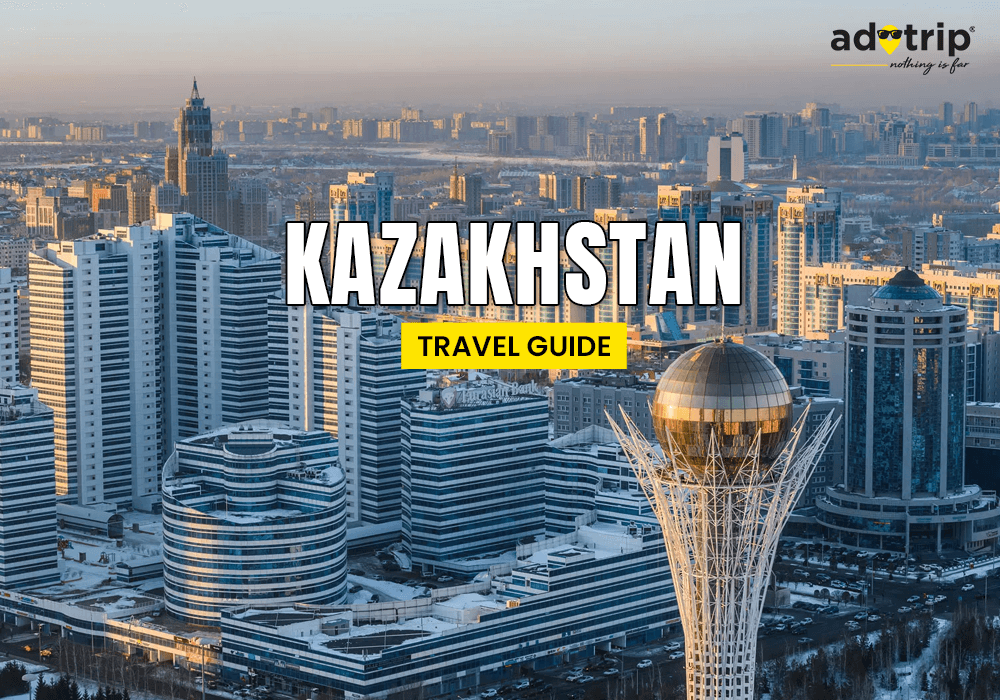
Kazakhstan Travel Guide 2025: Affordable Luxury, Visa Free E...

Think Ayodhya is Just Temples? Discover Its Hidden Artistic...

Why Azerbaijan is the Best Budget Friendly Alternative to Sw...



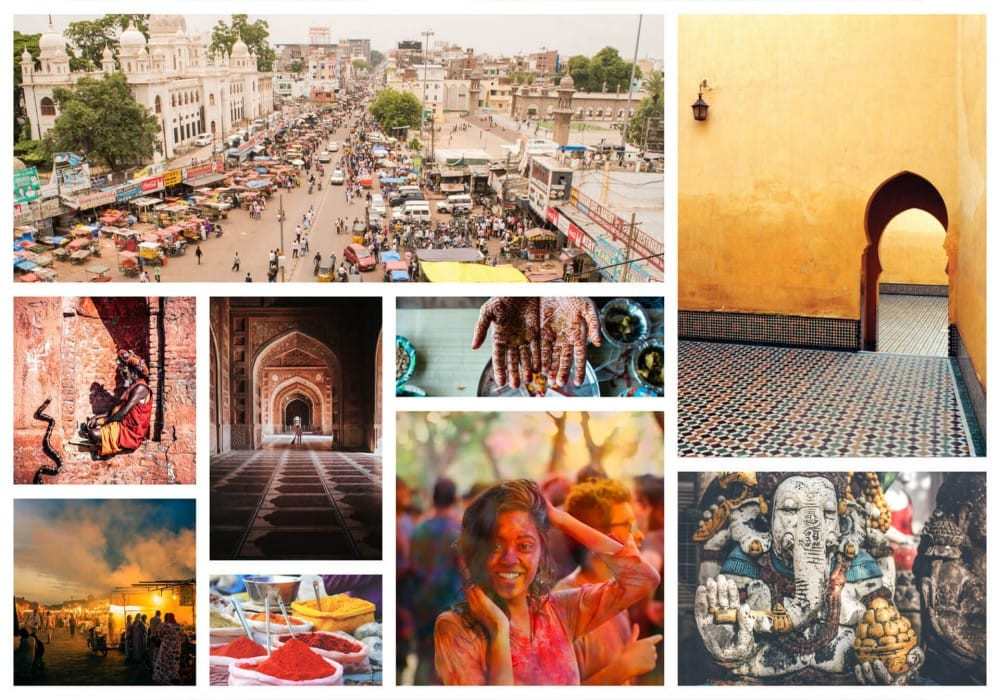
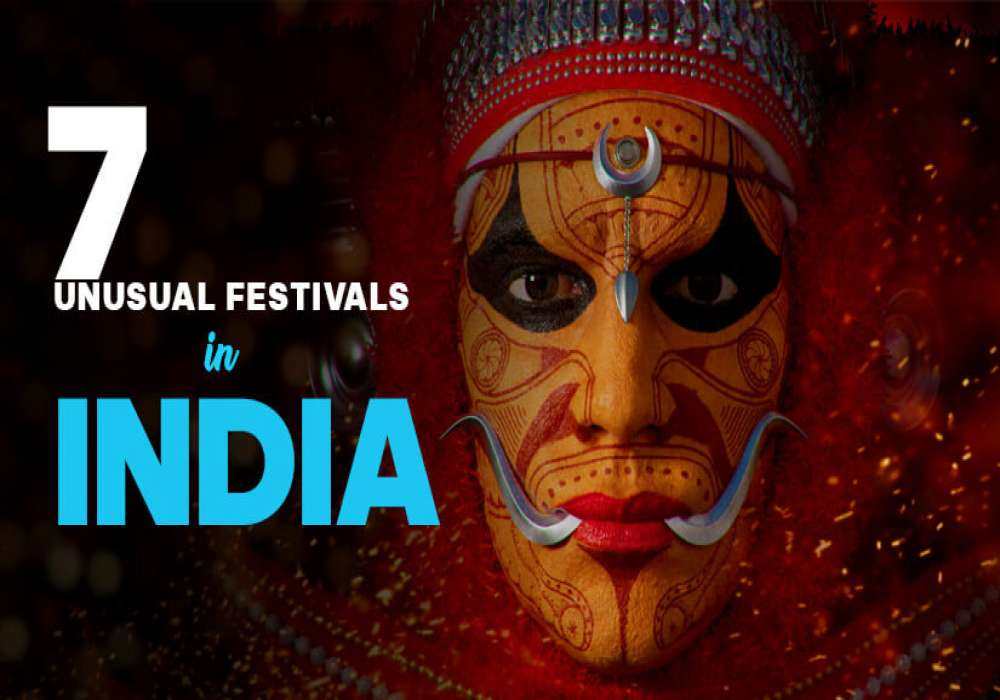


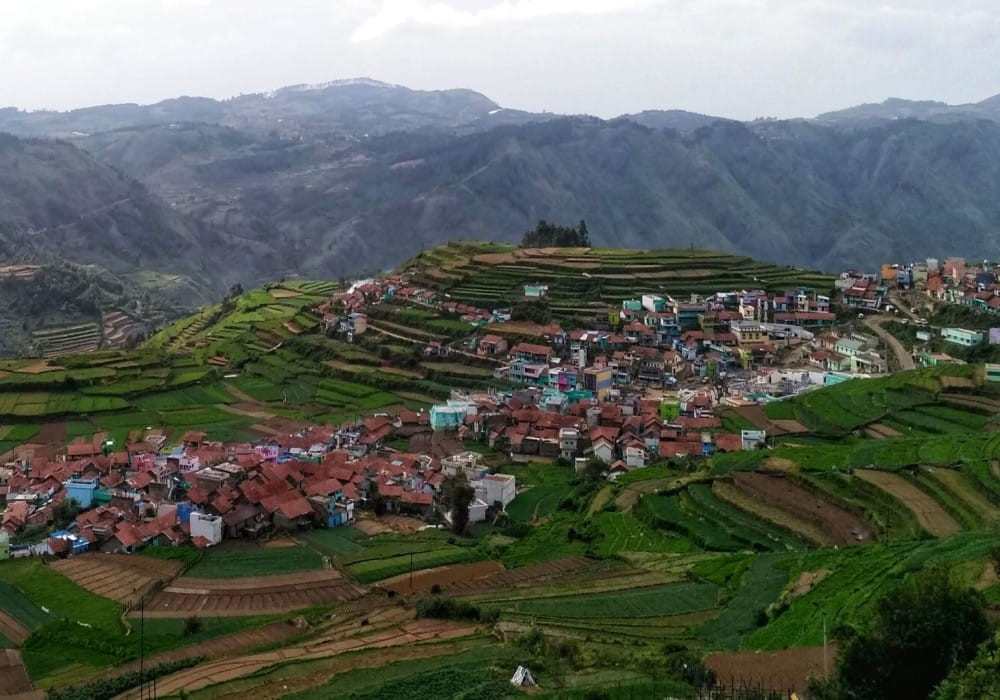

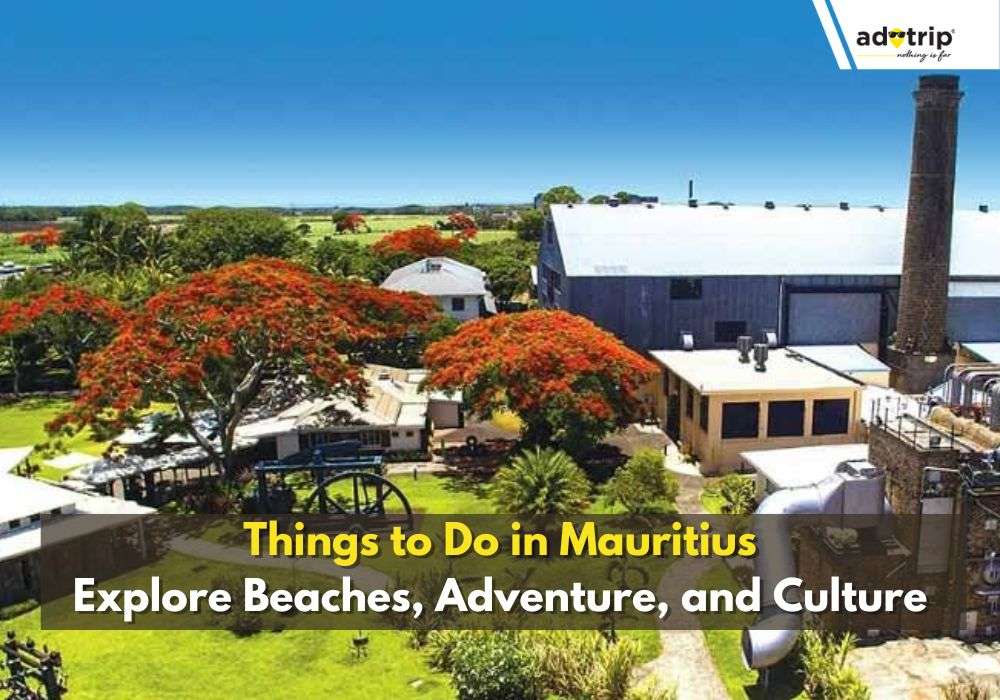
 Dubai
Dubai Malaysia
Malaysia USA
USA





